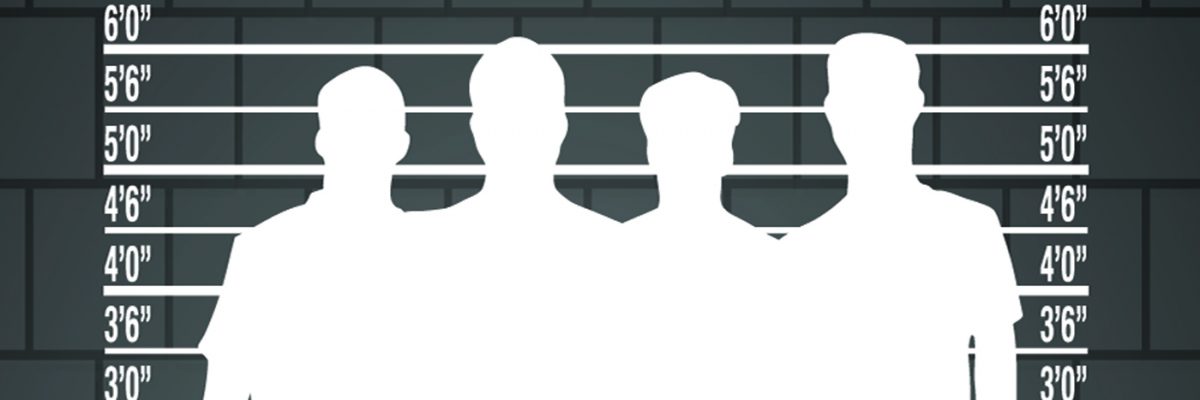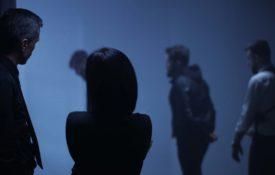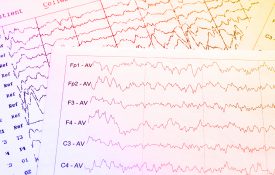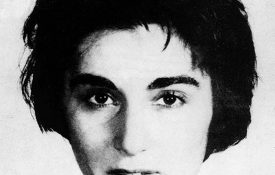
First PSPI Live explores a 2021 case for testing a witness’s memory of a suspect only once.

To prevent wrongful convictions, only the first identification of a suspect should be considered, according to the latest issue of Psychological Science in the Public Interest.

Research exploring factors that contribute to wrongful convictions reveals a path for addressing the serious consequences of wrongful incarceration.

Activities in this unit reveal how eyewitness testimony is subject to unconscious memory distortions and biases even among the most confident of witnesses.

Researchers find that young children aren’t always vulnerable to suggestive false memories and that adults go along with suggestions when they match up with their associations.

The US Department of Justice (DOJ) is tapping into psychological science to develop new guidelines for eyewitness identification procedures.

Police lineups in which distinctive individual marks or features are not altered can impair witnesses’ ability to distinguish between innocent and guilty suspects.

The same experimental standards that apply to scientific research could also be applied to police lineups to improve the accuracy of eyewitness identifications, says APS James McKeen Cattell Fellow Gary L. Wells.

Our capacity for remembering items that a ren’t relevant to the task at hand -- such as memory for faces in a crowd -- may be greater than previously thought.

Brain activity can be used to tell whether someone recognizes details they encountered in normal, daily life, which may have implications for criminal investigations and use in courtrooms.

A research replication initiative confirms earlier findings, showing that asking witnesses to provide a written description of a suspect can impair their ability to select that suspect from a lineup — the so-called “verbal overshadowing” effect.

APS Past President Elizabeth Loftus speaks about her research -- investigating false memory, the reliability of eyewitness reports, and memories “recovered” through therapy -- and its impact on how we think about eyewitness testimony.

Kitty Genovese's murder caught the attention of the public and psychological scientists alike, but new research indicates we’ve had the story all wrong for the last 50 years.
